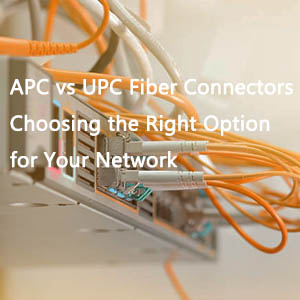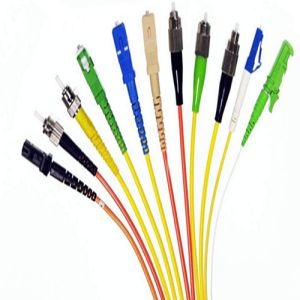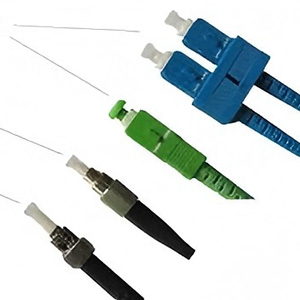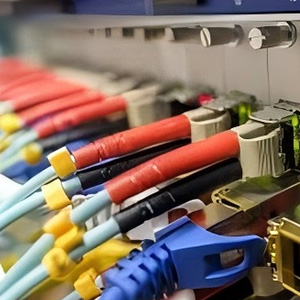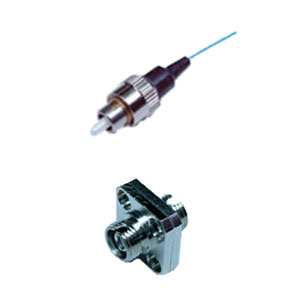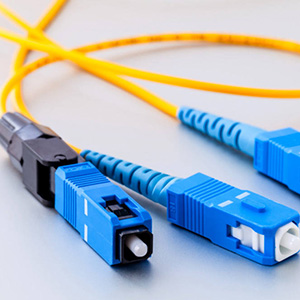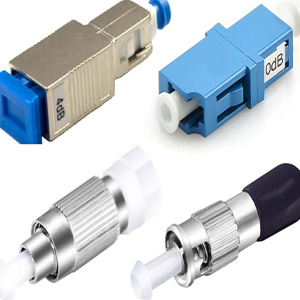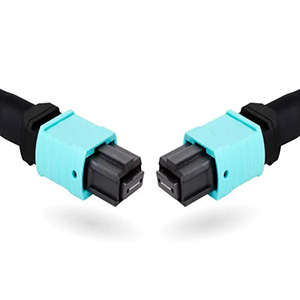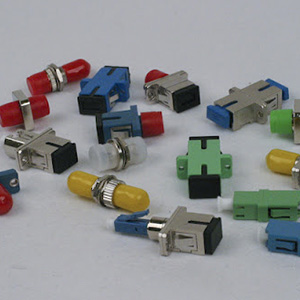Fiber optic cables form the lifeblood of contemporary data transmission systems, and selecting the appropriate connector type is pivotal for ensuring performance and reliability. Among the connectors that have gained widespread adoption, LC Connectors and SC connectors possess distinct features that render them suitable for various applications. In this article, we delve into the distinctions between LC and SC fiber optic connectors, their operational principles, and guide you in selecting the most suitable option for your specific requirements.
Understanding LC Connectors and SC Connectors
LC Connectors:
The LC (Lucent Connector) is recognized for its compact form factor and high precision. It boasts a 1.25 mm ferrule and a snap-in latch mechanism, which makes it ideal for high-density settings such as data centers.
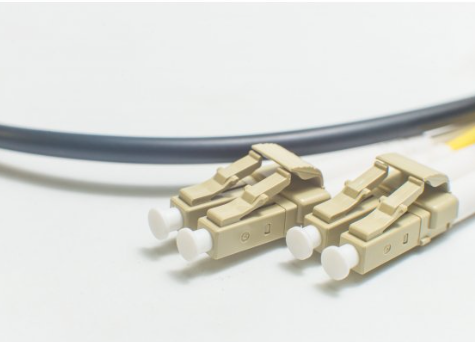
SC Connectors:
The SC (Subscriber Connector) is slightly larger, featuring a 2.5 mm ferrule. Its push-pull mechanism facilitates easy insertion and removal, making it a reliable choice for telecommunications and CATV networks.
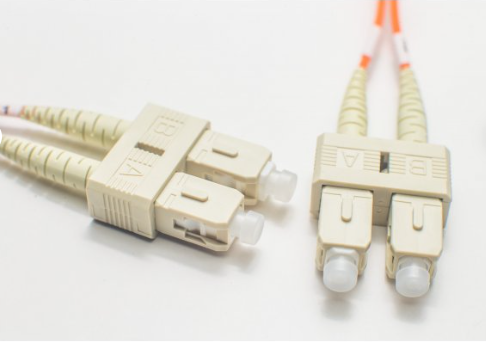
While both connectors are integral to fiber optic networks, discerning their differences is crucial for making an informed decision for your setup.
Distinguishing Features of LC Connectors and SC Connectors
Size and Design:
LC connectors compactness conserves valuable space in high-density applications, whereas SC connectors, being more robust, are better suited for outdoor or industrial settings.
Connection Mechanism:
LC connectors utilize a snap-in latch for a secure connection, which is ideal for environments demanding stability. SC connectors, with their push-pull mechanism, offer greater ease of handling in applications that involve frequent reconfiguration.
Performance and Loss:
Both connectors deliver excellent transmission quality, but LC connectors are often the preferred choice for applications where low insertion loss and high precision are paramount. SC connectors, while marginally more susceptible to insertion loss, remain dependable in standard networking applications.
Cost Considerations:
SC connectors are generally more cost-effective, making them suitable for large-scale installations or projects with budget constraints. LC connectors, due to their sophisticated design, may command a higher price but are an investment worth considering for high-performance networks.
Applications for LC Connectors
Data Centers and Enterprise Networks:
The compact design of LC connectors allows for maximizing the number of connections in confined spaces. They are extensively used in patch panels and high-density racks.
High-Performance Applications:
LC connectors are ideal for applications demanding low latency and high bandwidth, such as cloud computing and streaming services.
Applications for SC Connectors
Telecommunications Networks:
SC connectors are a popular choice for linking central offices to subscriber premises, thanks to their reliable push-pull mechanism.
Outdoor and Industrial Environments:
Their durable construction makes SC connectors more suitable for installations exposed to harsh conditions or physical stress.
Selecting the Right Connector
Evaluate Your Space:
In environments where space is at a premium, LC connectors are the preferred choice. If space is not a concern, SC connectors offer a more cost-effective alternative.
Determine Your Budget:
For large-scale projects, SC connectors may be more fitting due to their lower cost. However, if precision and performance are priorities, investing in LC connectors is advisable.
Match Your Application:
Consider the specific demands of your network. For high-density and high-speed networks, LC connectors are the preferred option. For rugged environments or outdoor setups, SC connectors excel.
Plan for Scalability:
If your network is expected to expand in the future, LC connectors provide greater flexibility and compatibility with modern equipment.
Conclusion
Both LC and SC connectors are vital components of fiber optic networks, each with unique strengths tailored to different scenarios. LC connectors excel in high-density, high-performance applications, while SC connectors are the rugged, cost-effective choice for general-purpose networks.
Choosing the right connector hinges on understanding your network’s specific needs, whether it’s space constraints, budget, or environmental conditions. At Fiber-Life, we offer a comprehensive range of LC and SC connectors to meet any application’s demands. Reach out to us today to explore the best options for your fiber optic projects!


